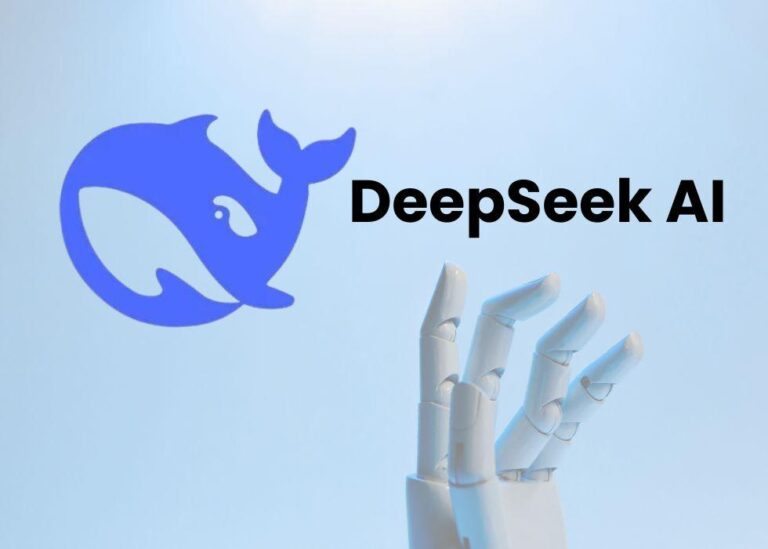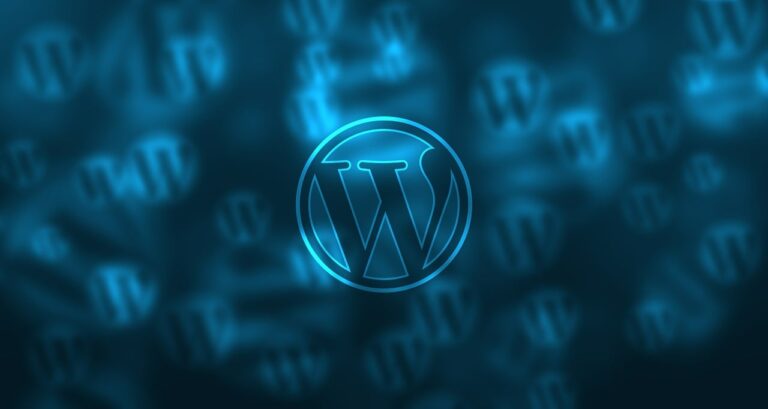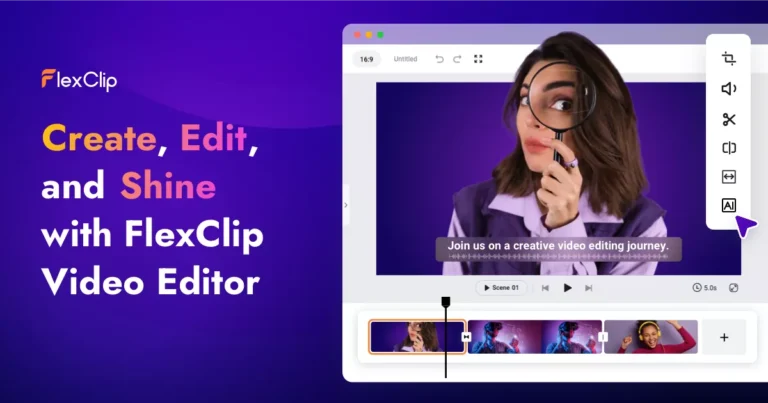The VLC Story: How a Free Media Player Took Over the World
Why would someone build a great tool… and give it away for free?
Think about it—how many times have you used VLC Media Player to play a video that just wouldn’t open anywhere else? No ads. No weird subscriptions. Just a simple, powerful, open-source tool that works.
But do you know the story behind VLC? It’s not just about playing videos—it’s about vision, generosity, and the power of community-driven innovation.
What is VLC?
VLC stands for “VideoLAN Client.” It’s a free, open-source, cross-platform media player developed by the VideoLAN project. Renowned for its ability to play almost any audio or video format without the need for additional codecs, VLC has become a staple on desktops and mobile devices alike.
How It All Started
VLC wasn’t created by a tech giant. It started in 1996 as a student project at École Centrale Paris. A group of students needed a way to stream videos across their campus network. Instead of keeping it private, they decided to make it open-source, allowing anyone, anywhere, to use and improve it. The cone icon used in VLC is a reference to the traffic cones collected by École Centrale’s Networking Students’ Association.
The goal was to create a system for streaming video from satellite dishes across the university’s network, which led to the development of VideoLAN Client (VLC) and VideoLAN Server (VLS).
The functionality of the server program (VLS) was later incorporated into VLC, and the project name was changed to VLC media player.
In 2001, the project was released under the GNU General Public License, becoming an open-source project with contributions from developers worldwide.
The project is now a worldwide effort coordinated by VideoLAN, a non-profit organization.
Fast forward to today, and VLC has been downloaded over 3.5 billion times—all without a single ad or premium version.
Why Was VLC Made Free?
The creators believed that everyone should be able to play any media file without worrying about restrictions, formats, or licenses. They weren’t chasing profit. They were solving a problem, and that problem happened to be one that millions of people faced.
The Struggles Behind the Success
Being free and open-source sounds great, but it wasn’t always easy. As with everything else, here are some challenges VLC had to overcome:
Funding Issues – No major investors or revenue streams. The project survived through community donations and small grants.
Legal Battles – Big companies tried to block VLC from playing certain file formats, but the team fought back using open-source licensing protections.
Sustaining Development – How do you keep improving a product when no one is paying for it? The answer: passionate volunteers from around the world kept adding features and updates.
What We Can Learn from VLC
Solving real problems creates lasting value. Instead of focusing on monetization, VLC focused on usability—and the world took notice.
Trust is a powerful brand asset. VLC never sold out to ads, user tracking, or data mining, making it one of the most trusted tools in tech.
Community-driven projects can outlast commercial alternatives. Open-source thrives because passionate people believe in it.
A Deeper Perspective: The Power of Giving
VLC’s story isn’t just a business lesson—it’s also a powerful reminder of how giving without expecting can create lasting impact.
Service over profit – Sometimes, the greatest rewards come from solving problems, not chasing money.
Multiplication through generosity – A single free tool grew into a worldwide project that keeps evolving, much like how small acts of kindness can change lives.
True impact is measured in lives touched, not dollars earned. VLC has helped millions—without demanding anything in return, except for a free will donation.
Embrace Community Collaboration: Open-source initiatives like VLC demonstrate that collective contributions can surpass commercial endeavors, leading to sustainable growth and innovation.
From a university experiment to a globally trusted media player, VLC exemplifies how dedication to accessibility, community involvement can create a tool that resonates with millions.
Your Turn!
If VLC had been a paid software from the start, would you have bought it?
Or do you think free software like this deserves more support?
Have you ever used VLC?
What’s your favorite feature?
Share your thoughts in the comments below!



